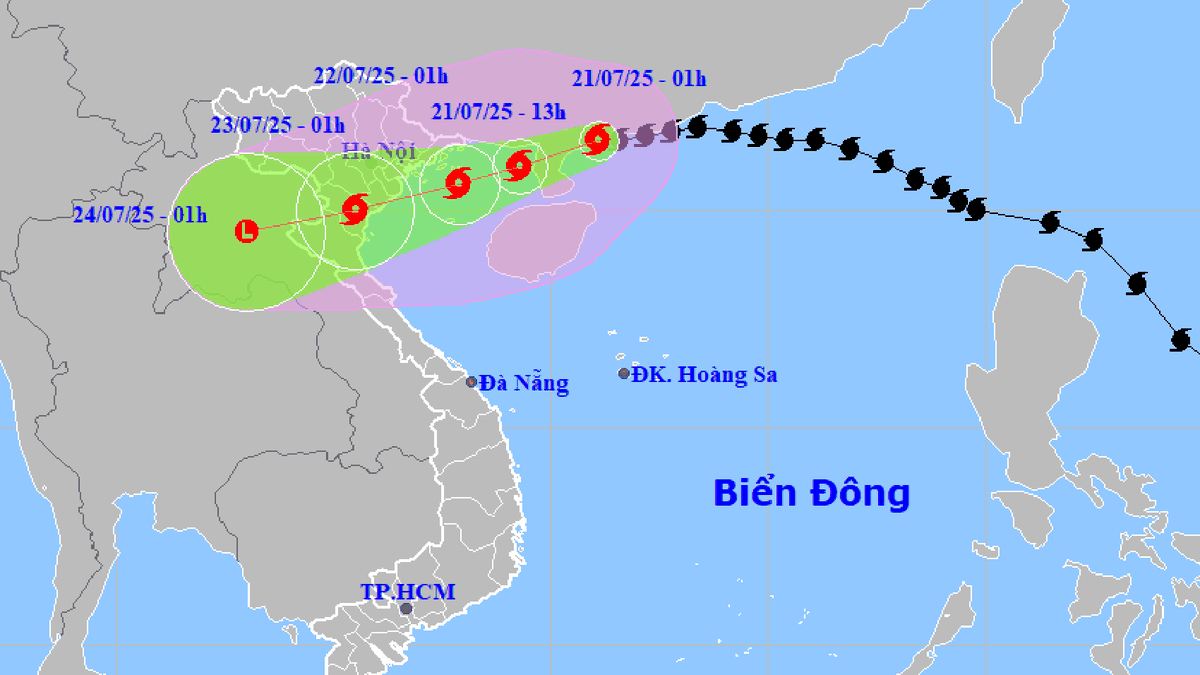After a lifetime of taking care of her husband and children, a woman in her 60s decided to give up everything to travel and make up for her lost youth.
Tired of housework and an unhappy marriage, the 56-year-old woman embarked on a three-year journey across China, challenging long-standing gender norms.
Every night, she curls up in a tent on top of her car, all alone. She often eats in the parking lot. She has seen her daughter and grandchildren only once in six months, and not her husband.

Ms. Su started her journey in late 2020.
“I have fulfilled my responsibilities as a wife, a mother, a grandmother. Now, I am out to find myself again.”
For over three years, she has been documenting her journey and sharing it with her more than 1.35 million followers across multiple social media platforms.
The appeal of her videos isn’t the beautiful scenery along the way, although that’s plentiful. It’s the openness with which she often shares with her audience about her abusive marriage, her dissatisfaction with her family life, and her newfound freedom.
Her outspoken attitude but soft-hearted nature have made Ms. Su – a retired worker with a high school education – a rare feminist icon in China.
Many older women sent her messages sharing how familiar the stories felt. They greeted her at every stop, brought her fruit and invited her to dinner.
For young women, she is a go-to person for advice on marriage and parenting. “I wish my mother could be like Auntie Su, living for herself instead of living a life of bondage,” one commenter on her video said.
Su's sudden rise to fame once again touches on two major issues in Chinese society: the rapid spread of the Internet and a growing awareness of gender equality in a country where traditional gender roles remain deeply entrenched, especially among older generations.
“Before, I thought I was the only person in the world who was unhappy,” Ms. Su said in an interview from inside her beige tent.
It was only after sharing her video online that she realized there were many people like her.
Before leaving her husband and children behind to make this trip, Ms. Su rarely traveled. But she had long been fascinated by the idea of driving. Growing up in Tibet, she said, she would sometimes miss her bus home and walk nearly 20 kilometers through the mountains. Every time a truck passed by, she imagined herself behind the wheel, safe and comfortable. But cars were rare in those days, and owning one seemed impossible.
At 18, she moved to Henan and worked in a fertilizer factory. Five years later, she got married. They had only met a few times before the wedding. At the time, this was not uncommon, but she thought marriage might be a way to escape the burden she was carrying at home.
But contrary to what she thought, after getting married, she found herself having to do more housework, and was also abused by her husband both physically and verbally. Her husband would often disappear for long periods of time, and whenever she asked where he had been, she would be beaten. Once, he even hit her with a broom.
However, she never thought of divorce because she was worried about social stigma. She resigned herself to life as a housewife.
In 2017, her daughter gave birth to twin girls. Taking care of the grandchildren made her happy, but it also meant she couldn’t go anywhere. Although her husband had become less hot-tempered with age, they hardly spoke. Whenever they did, they argued.
She found solace in time-travel novels and romantic Korean dramas. But she still felt incredibly lonely.
During heated arguments with her husband, she often fainted. A doctor diagnosed her with depression.
In late 2019, she stumbled upon an online video of someone showing off their camping gear on a solo trip. She recalled her childhood dream of driving.
Over the next few months, she watched every video about car trips she could find. She took copious notes: apps for finding camping spots, money-saving tips.
Soon she decided: When her grandchildren started kindergarten, she would take a trip herself. She bought a small white car with her savings and her monthly pension of about $300 (7.4 million VND).
Her family was against it. She assured her daughter that she would be safe and that she would not care about the opinions of her husband, who had ridiculed her.

Mrs. Su looked out at the world and felt happier than ever.
On September 24, 2020, she strapped the tent to the roof of her car, grabbed a mini fridge and a rice cooker, and set off. In October of that year, she posted video updates while driving. One of them went viral on China’s social media platform Douyin. In it, she described how she was oppressed by her husband and overwhelmed by housework.
“Why would I want to travel?” she sighed. “Life at home is so miserable.”
Millions of people have watched the video and shared it with the hashtag “runaway wife.”
She saved on highway tolls by taking country roads. At night, she slept in a tent on top of her car because she felt safer up high.
In the videos, she marvels at her newfound freedom. She drives as fast as she wants. At each stop, she makes new friends. She laughs when people ask her who she’s riding with.
“I like spicy peppers, but my family doesn’t like them, so I have to force myself not to eat them. Now I can eat them every day,” Ms. Su said in an interview.
Sometimes she also encountered dissatisfied people. Once, a man told her "how can you reveal such a private family matter". He said that if he saw her again, he would beat her.
"Luckily I haven't met you yet," she said.
Ms. Su’s daughter, Du Xiaoyang, said her mother seemed to have become a different person. “Now, she does whatever she wants. Before, she was afraid of everything.”
A luxury shopping website once used her image to advertise on International Women's Day.
Still, Ms. Su blushes when asked about her new identity. She says she is not yet qualified to be a feminist. “It took me many years to realize that I have to live for myself.”
"It's something I'm working towards, not something I've done."
Although she is seen as a feminist icon in China, she still sets limits on her change. She said she would move out if her husband continued to treat her badly, but she did not want a divorce because she knew her daughter would feel obligated to care for her father if she left.
But right now she has no thought of returning.
“Finally, I'm out. Now, I want to leave that life behind. I need time to let it go."
“There are a lot of things that over time can have consequences that you never imagined,” she said.

Mrs. Su confidently did things she had never done before.
(According to Vietnamnet, March 22)
Source



























![[Photo] National Assembly Chairman Tran Thanh Man visits Vietnamese Heroic Mother Ta Thi Tran](https://vphoto.vietnam.vn/thumb/1200x675/vietnam/resource/IMAGE/2025/7/20/765c0bd057dd44ad83ab89fe0255b783)




































































Comment (0)